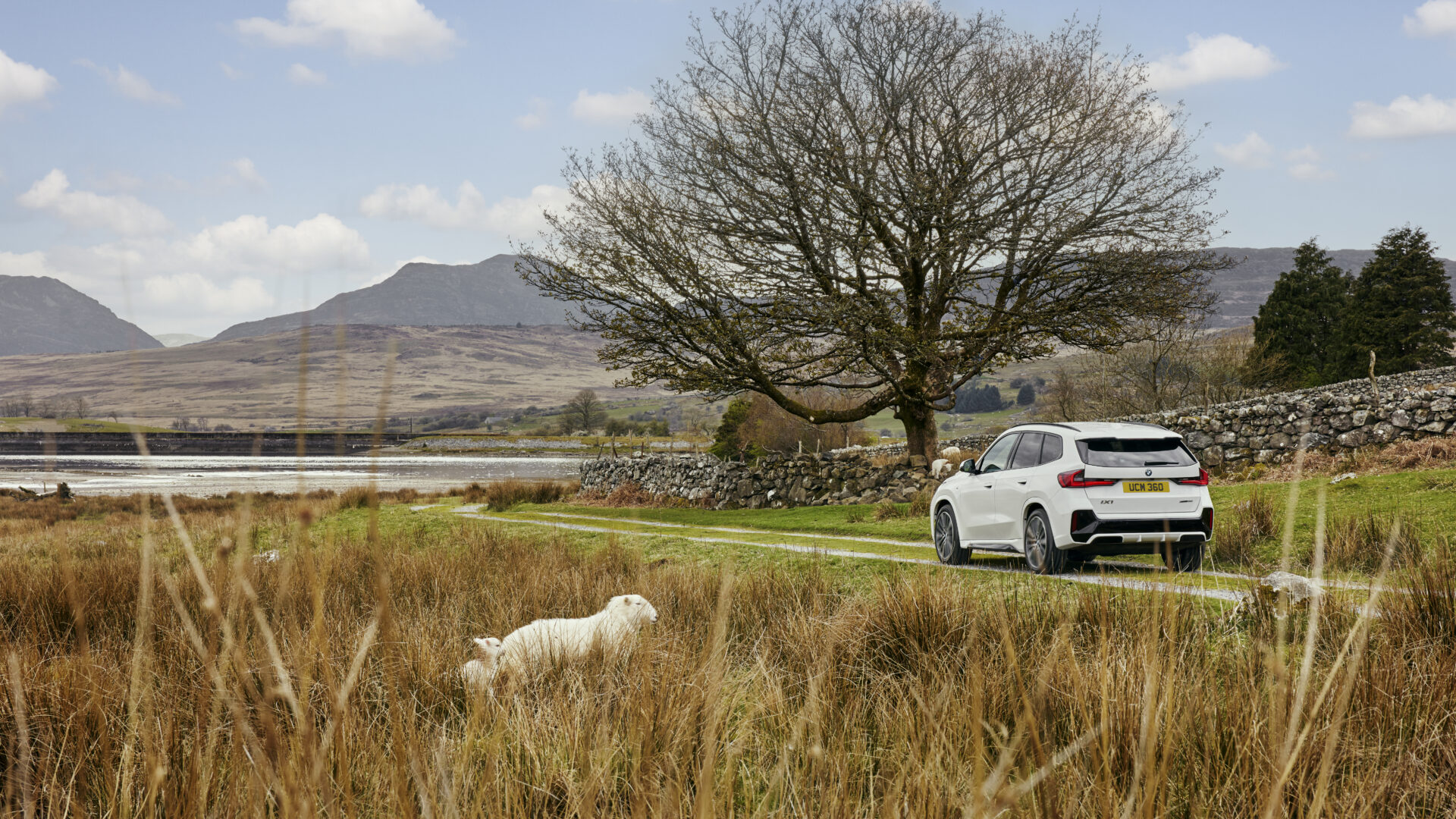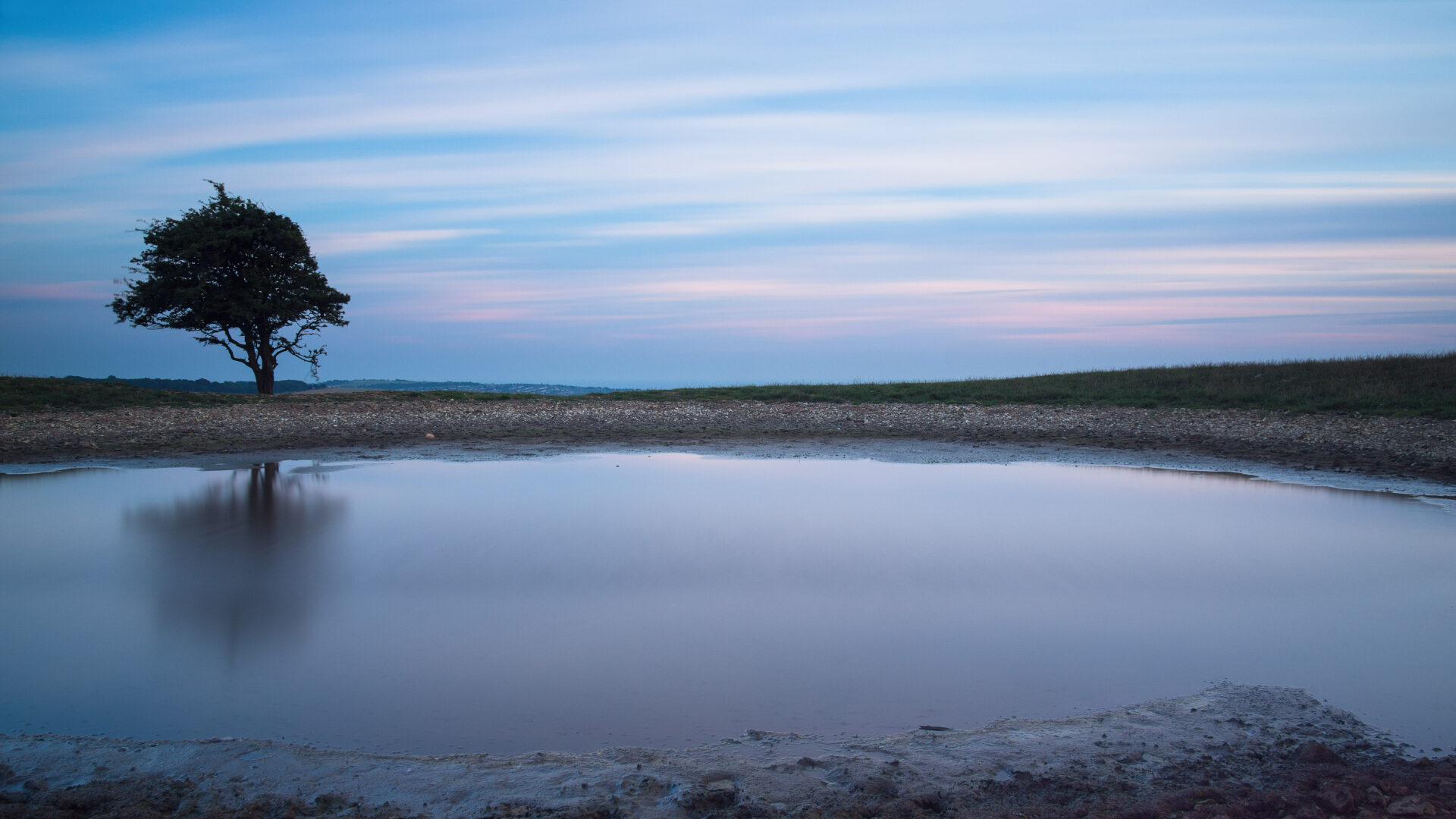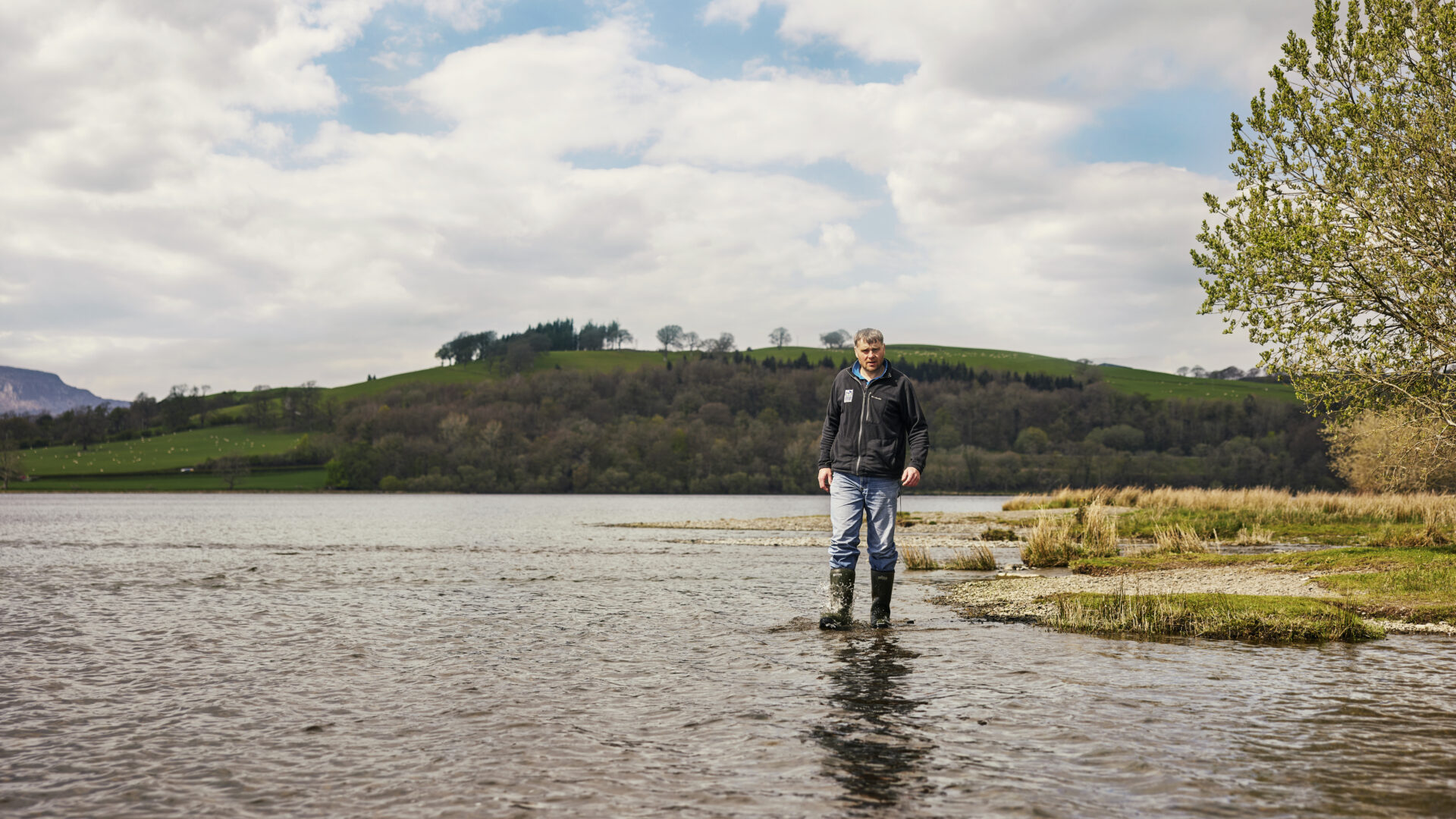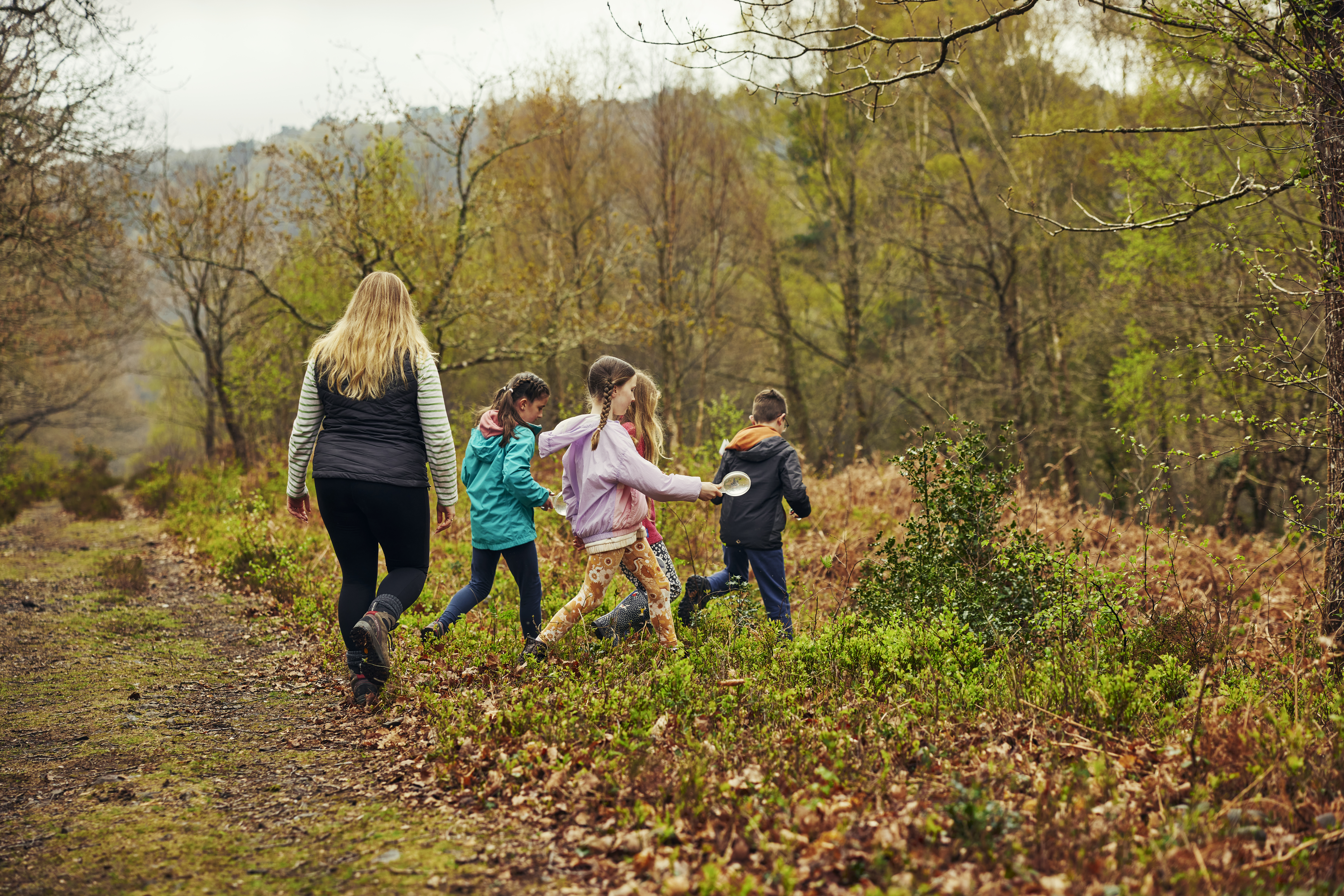
Press Release – RECHARGE IN NATURE – BMW SUPPORTS NEW NATIONAL PARKS PROJECTS
-
Date posted: 01/06/2023
-
Time to read: 4 minutes
PRESS RELEASE
1 June 2023
- Nature restoration, wellbeing and projects encouraging more sustainable tourism will be supported in all 15 of the UK’s National Parks, across the three-year partnership with BMW
- BMW commits to supporting National Parks UK in helping them to become better connected, increasingly sustainable and more biodiverse
- First five projects are across Scotland, Wales and England in the South Downs, Eryri, North York Moors, Dartmoor and Loch Lomond & The Trossachs National Parks
- Enhancing the recharging network for electric cars in all the UK’s National Parks is a key part of this project
- Partnership reflects BMW Group placing sustainability at the centre of its strategy and to reaching net zero, across the entire value chain, by 2050 at the latest
Today (1 June 2023) BMW UK and National Parks UK announce the next phase of their partnership – the first five locations to benefit from the Recharge in Nature projects. Taking place across the UK in the South Downs, Eryri, North York Moors, Dartmoor and Loch Lomond & The Trossachs National Parks, the Recharge in Nature projects will support the promotion of more sustainable tourism, enhance wellbeing and help restore nature and biodiversity. Further projects will be established in the remaining National Parks up until November 2025.
In parallel this partnership is funding an enhancement of the charging network across the UK National Parks, announced in October last year. The installation of Pod Point recharging posts at key locations within the National Parks will support access to these beauty spots for the lowest emitting and quietest vehicles.
The specifics of the Recharge in Nature projects were proposed by the National Parks themselves, based on their unique needs and priorities, and will enable them to progress faster and with greater impact in these priority areas. All have demonstrated clear and measurable outcomes and the potential for lasting impact.
South Downs National Park is an example of the partnership’s biodiversity-focused projects and sees the restoration of dew ponds – an iconic part of the South Downs landscape. Having been affected by climate change, bringing hotter, drier summers, 70 per cent of the National Park’s ponds are in poor condition or have disappeared completely. Through this BMW funded project, the restored ponds will provide an important nature corridor, helping to support an array of wildlife including frogs and toads, dragonflies, hedgehogs and bats. The ponds will also form part of the National Park’s ongoing education engagement, bringing visitors to the ponds for learning sessions and helping visitors understand the role of these important habitats for animals and biodiversity in the National Park and surrounding area.

Also included in the first wave of Recharge in Nature projects in 2023 are:
- Loch Lomond & The Trossachs – Development of a transport project to run over the peak summer months, aimed at providing more sustainable travel options to the National Park, reducing emissions and pressure on local roads, as well as making popular locations more accessible to visitors who don’t have access to a car.
- Eryri – Restoration of natural flood defences to enhance farmland and protect precious rivers, lakes from phosphate pollution.
- Dartmoor – Expansion of a youth nature engagement scheme to create the next generation of custodians of Dartmoor National Park.
- North York Moors – Support provided to disadvantaged young people from across the Northeast to have an active volunteering role in the National Park and their community.
BMW UK’s support of National Parks UK reflects the company’s work to put sustainability at its heart and create a future that is carbon neutral and circular. Globally, the company has committed to achieving climate neutrality, along the entire value chain, by 2050 at the latest. At least 50 per cent of its global sales will be fully electric vehicles by 2030 and by the same date, the lifecycle carbon footprint of its products will be reduced by 40 per cent compared to 2019 levels.
Chris Brownridge, CEO, BMW UK, commented:
“Sustainability and community are at the heart of our business and, with biodiversity and the health of nature more important than ever, we’re delighted to support a range of local projects within the National Parks, helping preserve these precious landscapes for future generations. The UK’s amazing National Parks are far more than just green spaces, they act as vital hubs for communities as places of learning and wellbeing.
“This partnership is part of a wider decarbonisation and circularity strategy that’s been committed to by the BMW Group; taking responsibility for developing new solutions for our vehicles and beyond. The National Parks projects takes this a step further in helping communities and nature thrive in harmony, supporting both people and the environment simultaneously.”
Naomi Conway, Director, National Parks Partnerships, commented:
“Our partnership with BMW UK is helping the National Parks to be better connected, more biodiverse and increasingly sustainable, benefitting both local communities and tourists. These projects highlight the different ways that National Parks, with the right support, can deliver so much for nature and for people.”
For more information about BMW Group UK and the Recharge in Nature Project visit: bmw.co.uk/nationalparks
ENDS

NOTES TO EDITORS
For more information, please contact Olivia Martins, Natalie Cush or Sam O’Flynn at bmw@forster.co.uk or via:
Olivia: 07710 986406
Natalie: 07990 606623
Sam: 07801 849967
The BMW Group
With its four brands BMW, MINI, Rolls-Royce and BMW Motorrad, the BMW Group is the world’s leading premium manufacturer of automobiles and motorcycles and also provides premium financial and mobility services. The BMW Group production network comprises 31 production and assembly facilities in 15 countries; the company has a global sales network in more than 140 countries.
In 2020, the BMW Group sold over 2.3 million passenger vehicles and more than 169,000 motorcycles worldwide. The profit before tax in the financial year 2020 was € 5.222 billion on revenues amounting to € 98.990 billion. As of 31 December 2020, the BMW Group had a workforce of 120,726 employees.
The success of the BMW Group has always been based on long-term thinking and responsible action. The company set the course for the future at an early stage and consistently makes sustainability and efficient resource management central to its strategic direction, from the supply chain through production to the end of the use phase of all products.
Facebook: http://www.facebook.com/BMWGroup
Twitter: http://twitter.com/BMWGroup
YouTube: http://www.youtube.com/BMWGroupView
Instagram: https://www.instagram.com/bmwgroup
LinkedIn: https://www.linkedin.com/company/bmw-group/
About National Parks UK
- There are 15 National Parks in the UK, spanning the length and breadth of the country. 10 in England, three in Wales and two in Scotland.
- National Parks cover almost 10 percent of England, 20 percent of Wales and 8 percent of Scotland.
- Each National Park is administered by its own authority, but that authority does not own all of the land within the Park. They are independent bodies funded by central governments to:
- Conserve and enhance the natural beauty, wildlife and cultural heritage.
- Promote opportunities for the understanding and enjoyment of the special qualities of national parks by the public.
- In carrying out these aims, National Park Authorities are also required to seek to foster the economic and social well-being of local communities within the National Park.
- National Parks are free to enter and explore and have 104 million visits each year.
- For more information visit nationalparks.uk.
Recharge in Nature project overviews
South Downs National Park
South Downs National Park is an example of the partnership’s biodiversity-focused projects and sees the restoration of the dew ponds – an iconic part of the South Downs landscape. Having been affected by climate change bringing hotter, drier summers, 70% of the Park’s ponds are in a poor condition or have disappeared completely. Once restored, the ponds will provide an important nature corridor, benefiting an array of wildlife including frogs and toads, dragonflies, hedgehogs and bats. Education visits in particular will also be able to utilise the ponds in learning sessions, helping visitors to understand these important UK habitats.
Loch Lomond & The Trossachs National Park
Work is underway to develop a sustainable travel pilot, to run within the heart of Loch Lomond & The Trossachs National Park in Scotland this summer. Car-based travel dominates how people currently get to and around the National Park, resulting in high emissions, congestion, visitor management pressures and recreational opportunities that aren’t accessible to all. The pilot aims to make it easier for visitors to choose more sustainable travel options to some of the most popular hills and sites in Trossachs Park.
Eryri National Park
Measuring 3.5 miles long the glacial Llyn Tegid is Wales’ largest natural lake. This project will look at natural flood management measures to reduce and slow down the overland flow of water that carries sediments. In addition, creating further green infrastructure will provide biodiversity benefits, carbon storage and landscape improvements. Whilst new hedgerows and trees will need some three to five years to bed in and be truly effective, the rough grass that will grow in the fenced-out plots will slow water and trap sediment as it slows down, in year one. The project will be undertaken by local farmers and contractors, who are able to ensure the work will best benefit them, the landscape and the local community.
North York Moors National Park
North York Moors National Park is aiming to support disadvantaged young people from across the Northeast to have an active volunteering role in the park and the community. This aims to improve the physical and mental health of young people, as well as develop vital skills to support young people in their future including enhanced self-confidence, independence, improved employability and prospects.
Dartmoor National Park
Dartmoor National Park is creating a new youth nature programme to promote opportunities to new and less frequent visitors of Dartmoor from surrounding urban areas, targeting Plymouth, Torbay, and Exeter. The project will enable engagement with young people who do not currently have access to Dartmoor and provides them with the opportunity to connect with nature and support nature restoration, so it can remain a breathing space for the next generation to understand, explore and protect. This in turn will help raise awareness and drive interest in nature and in some instances the desire to go into the field of nature conservation or work within the outdoors sector.
